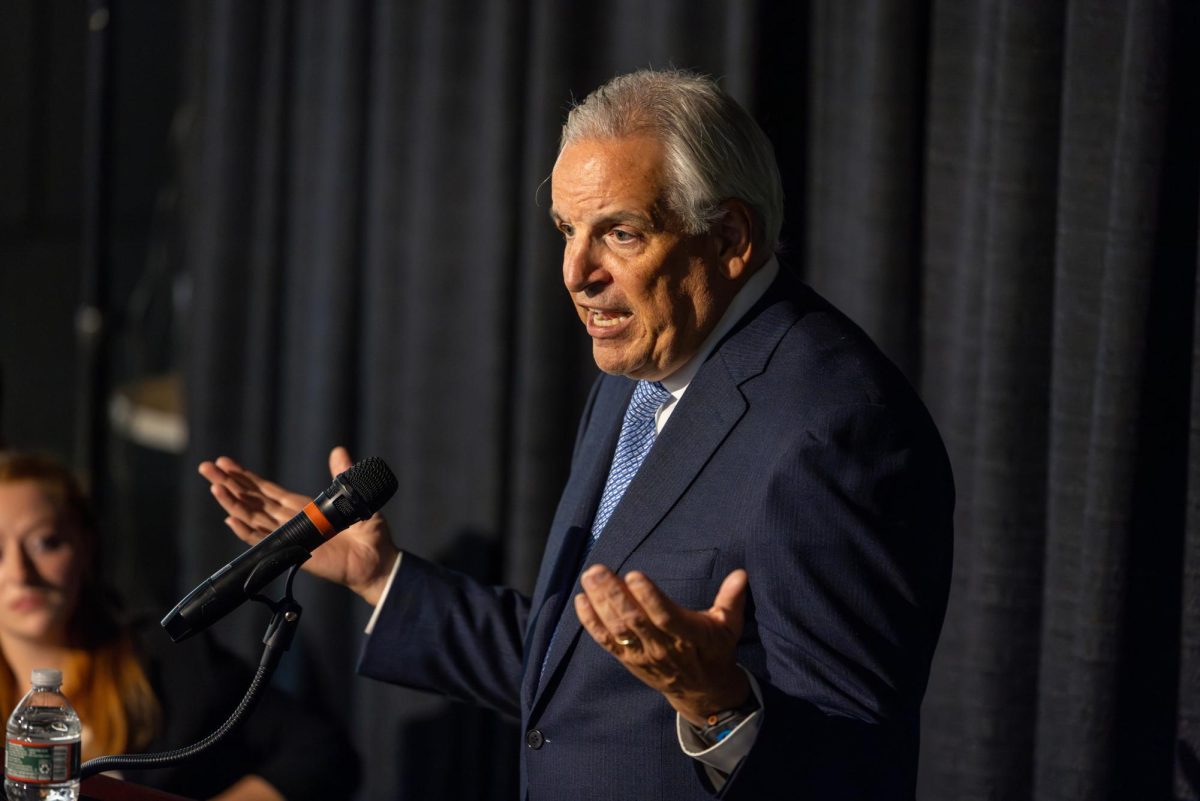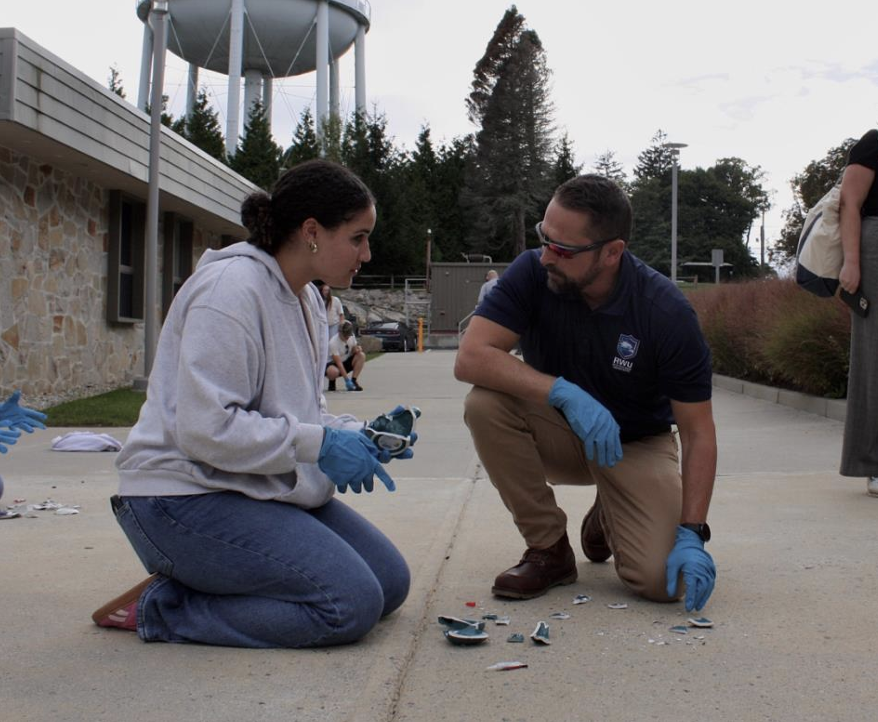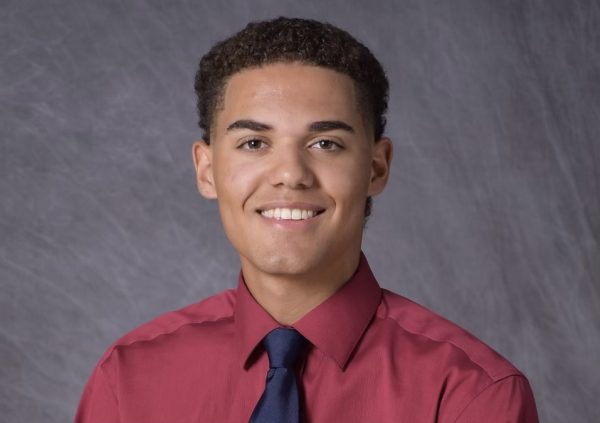As college students, the journey towards securing that important internship position can be both exciting and exceedingly anxiety provoking. After putting in the hard work to prepare for that big interview, it is completely natural to feel a mix of emotions while awaiting a response from the recruiter or hiring manager. This being said, it is essential to remind yourself that once the interview is over, the next steps are in the hands of the recruiters. In other words, you have done all you can do! Director of the Center for Career and Professional Development, Mary Santoro, offered valuable insight into how to manage internship rejection with grace and professionalism.
Firstly, after giving it your all in the big interview, it is essential to take a step back and decompress. Dwelling on the outcome of the interview or trying to predict how a recruiter or hiring manager viewed your answers will only lead to an excess of unnecessary stress and anxiety.
“Students are advised that the internship application process usually takes between two and six months. For smaller corporations, students should keep a two week period in mind. If you were to apply on February 2nd, two weeks from that date is a great time to look for an employee contact to check on the status of your application if you haven’t gotten a response,” said Santoro.
Santoro alluded to the waiting process, an inevitable aspect of job searching and perhaps the most anxiety provoking. Santoro encouraged students who are waiting for a response to channel their energy into productive job search strategies.
“If you don’t hear anything back within two weeks of your original follow-up, I always recommend that students try to use LinkedIn and identify people that work in the organization either in human resources or in the departments of interest.” said Santoro
“Students should use LinkedIn to start building an internal network in the company. Try asking current employees questions such as, ‘How’d you start your career here?,’ or ‘What interests you about your field?’ With these questions, you now have some internal contacts for future referrals,” Santoro suggested.
Once the waiting period is over and responses begin to come in, there is a possibility of facing a rejection. However, handling rejection with professionalism is essential to navigating the internship search process. Santoro elaborated on this important aspect of the journey: “The expectation is that for larger organizations, the competition for a job is so high. It’s important to remind yourself that you’re probably one of thousands of other applicants who are also receiving a rejection. I always tell students that if you put 50 applications out, maybe 10 will respond back, and of that 10 maybe 2 will actually offer you anything.”
According to Santoro, rejection is an intrinsic part of the internship search process, some candidates may even be ‘ghosted’ by companies. As such, students should adopt the mindset that casting a wide net is a key aspect of finding a position.
Santoro suggested, “Apply to as many internships as you can, that way you can be selective. Remind yourself that if a company doesn’t give you the time and respect to decline your application, that can be an indication of how a company will treat you if you are hired.”
Santoro explained how students handle a rejection can make or break future opportunities. One should keep in mind that corporations are large entities, and not individuals with feelings and empathy. In other words, avoid taking a rejection personally, but rather, maintain a positive attitude and know that future opportunities are possible.
“Your personal brand should always be consistent and professional. Students should respond back to rejections in a professional manner, using phrases such as, ‘Thank you so much for your consideration, I’d love to be in touch’ or ‘I would love some feedback on what I can improve upon for future applications to the company,” said Santoro.
Knowing that rejections are an inevitable part of the internship process, Santoro recommends that students cast a wide net for their internship search. “Know yourself, don’t be afraid to go beyond the constraints of your major. I encourage students to think creatively about where they see themselves in the future, to think about the stepping stones needed to accomplish goals. Going beyond a chosen field of study will allow students to be more dynamic and well rounded candidates in the eyes of recruiters.”
In short, the internship application process can be a complex journey, one that may yield rejections and setbacks along the way. As Santoro discussed, handling a rejection with grace is key to opening the doors for future opportunities. Likewise, Santoro emphasizes the value in seeking guidance from the Center for Career and Professional Services where dedicated advisors are ready to assist students in resume building, interview practice, and networking opportunities. While an internship rejection can be disappointing, it may also serve as a stepping stone for personal growth and a chance to explore new and exciting opportunities for the future.









